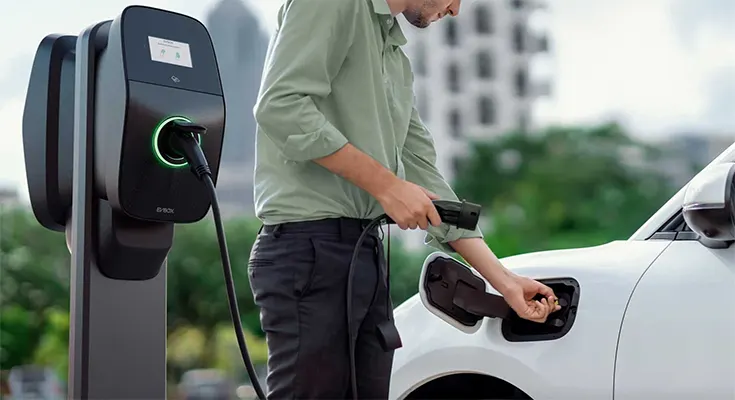Buying a used car can be a daunting task, but with the right knowledge and preparation, you can navigate the process smoothly and find a quality vehicle that meets your needs and budget. Whether you are a first-time buyer or looking to upgrade your current vehicle, these tips for buying a used car will help you make an informed decision and secure a great deal.
1. Set a Budget:
Before you start shopping for a used car, it’s essential to establish a budget and determine how much you are willing to spend. Consider factors such as the upfront cost, ongoing maintenance expenses, insurance premiums, and registration fees to ensure that the total cost of ownership fits within your financial means.
2. Research and Comparison:
Take the time to research different makes and models that align with your preferences and requirements. Look for reliable sources of information, such as consumer reviews, reliability ratings, and resale values, to narrow down your options. Compare prices from various dealerships, private sellers, and online platforms to find the best deal that offers value for money.
3. Vehicle History Check:
Before finalizing a purchase, obtain a comprehensive vehicle history report to uncover any past accidents, title issues, or service records associated with the car. Services like Carfax and AutoCheck provide detailed reports that can help you assess the car’s condition and identify any potential red flags that may affect its value or performance.
4. Inspect the Car Thoroughly:
When inspecting a used car, pay close attention to its exterior and interior condition, including signs of wear and tear, dents, scratches, and rust. Check the engine bay, undercarriage, and tires for any visible damage or leaks. Test drive the car to assess its performance, handling, and comfort levels, and listen for unusual sounds or vibrations that may indicate underlying issues.
5. Get a Professional Inspection:
Consider hiring a certified mechanic to conduct a comprehensive pre-purchase inspection of the used car. A professional inspection can uncover hidden mechanical problems, safety concerns, or maintenance issues that may not be apparent during a standard test drive. The mechanic’s assessment can provide valuable insights and help you make an informed decision about the vehicle’s condition.
6. Negotiate the Price:
Don’t be afraid to negotiate the price with the seller to secure a better deal on the used car. Use your research findings, inspection results, and any identified issues as leverage during the negotiation process. Be prepared to walk away if the seller is unwilling to meet your price or address concerns that may impact the car’s value or performance.
7. Consider Financing and Warranty Options:
Explore financing options and determine whether you qualify for a loan with favorable terms and interest rates. You may also want to consider purchasing an extended warranty or a certified pre-owned (CPO) program for added protection and peace of mind. Review the terms and coverage details carefully to ensure that they align with your needs and preferences.
By following these tips for buying a used car, you can navigate the process with confidence and make a well-informed decision that meets your requirements and budget. Remember to take your time, conduct thorough research, and approach the transaction carefully to ensure a successful and satisfying buying experience. With the right preparation and attention to detail, you can find a quality used car that offers reliable performance, value, and enjoyment for years to come.













